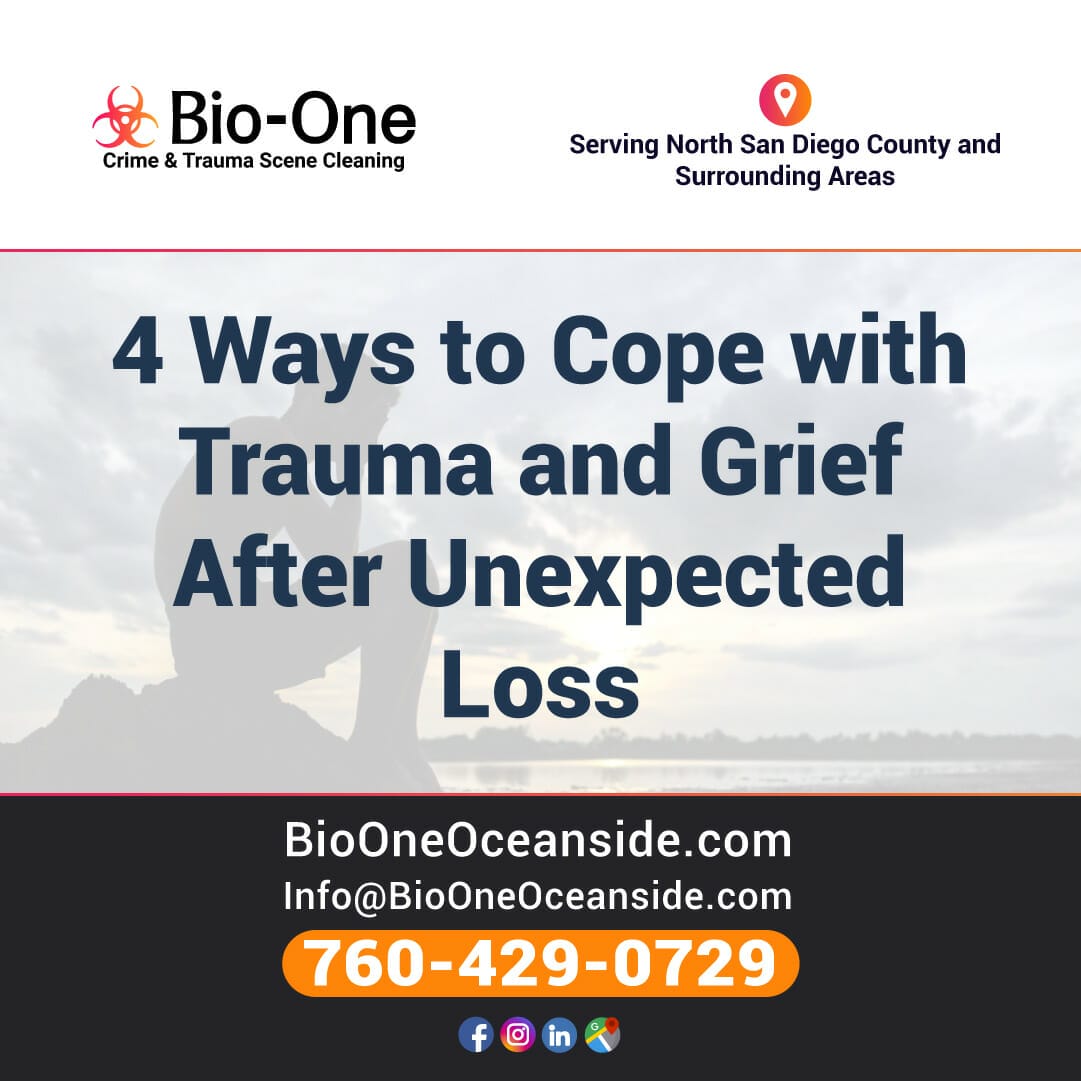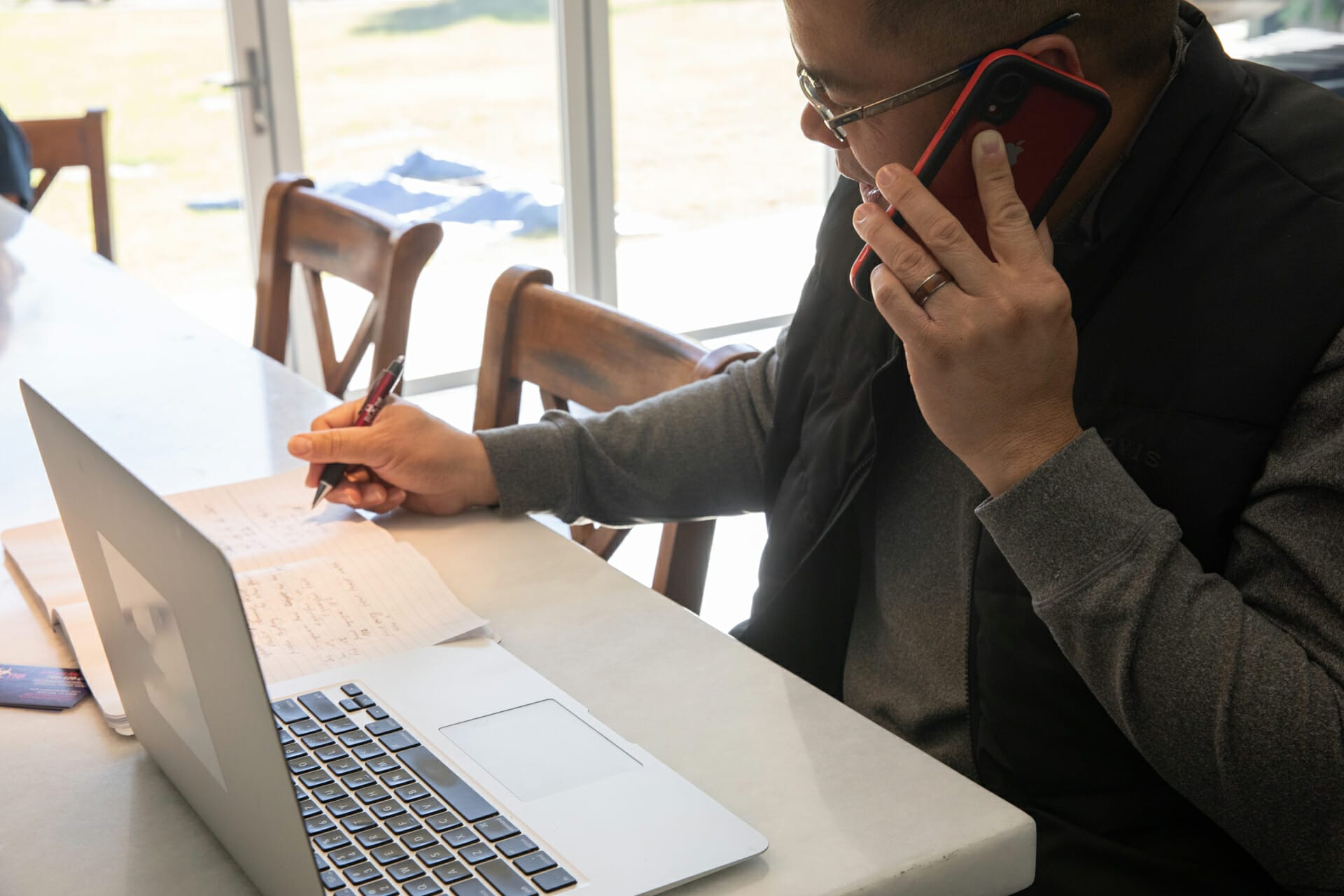
The experience of losing someone close to us can leave us feeling overwhelmed, shocked, and vulnerable. However, the experience of losing someone unexpectedly is a different kind of trauma. Dealing with unexpected loss and grief can be an incredibly difficult journey that requires a lot of self-care and support from loved ones. It's just not easy. In this blog, we will discuss four ways to cope with trauma and grief after an unexpected loss.
Grieving is a natural process that can take time, and allowing yourself to grieve is the first step in coping with trauma and grief after an unexpected loss. In the midst of grief, it's easy to feel hopelessness and a sense of emptiness. Take as much time as you need to recover, and please, do not isolate yourself.
Try to establish a daily routine that allows for moments of self-care, such as meditating, and spending time with friends and family. Incorporate activities that take your mind off the situation, at least for a moment. Small things like reading a book or taking a long walk can help.
Be surrounded by support. Talk about your loss with supportive friends and family members who will provide unconditional love. Supportive friends and family members can be a source of healing, help, healing, or all.

It's important to note that everyone grieves differently. Don't be afraid to express your feelings, even if it is hard. Talking about the loss can help you make sense of what happened and ultimately bring some comfort in a time of pain.
Even if you have a strong support system, it is okay to seek outside help. Consider speaking to a therapist or counselor who can guide and assist you in your healing process. A mental health professional can give you the right tools and coping mechanisms to manage grief and trauma after an unexpected loss.
In addition to speaking with a mental health professional, there are many online resources available for those dealing with grief and trauma. Check out our resources section for information about support groups, workshops, and ways to cope with grief. We also have curated several articles featuring tips and tricks to help you cope with your emotions.

Helping friends, family members, or even strangers can lift your spirits and make you feel less isolated. Even small acts of kindness, such as listening to someone’s story or offering advice, can help them cope with what they're going through.
Losses are inevitable and can be an emotional roller coaster. The experience of losing someone unexpectedly is a unique form of trauma that requires a specialized approach to help cope with grief and loss. Taking time to grieve, prioritizing self-care, seeking professional help, and talking to supportive friends and family members can help you navigate the difficult journey of coping with losing someone you love.
Don't suffer in silence. If you're struggling, feel free to reach out to us and let us be a part of your healing journey. We'll connect you with the right people and make sure you get the help and resources you need to heal.
